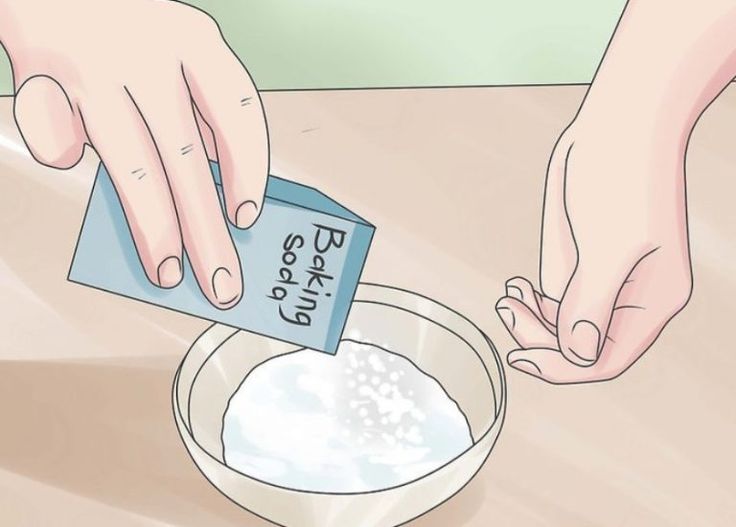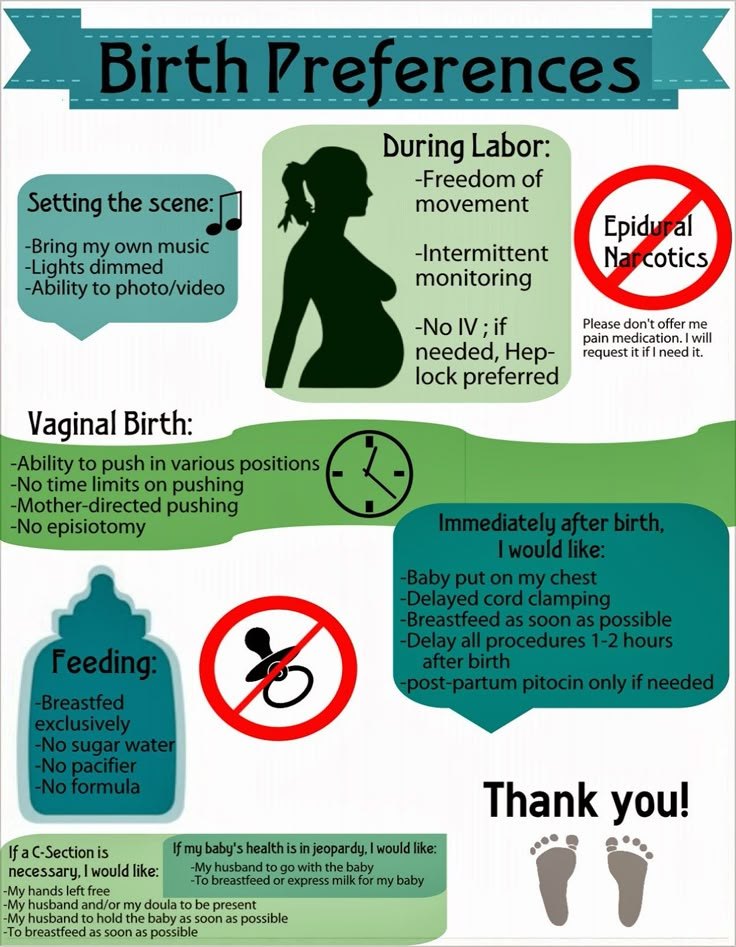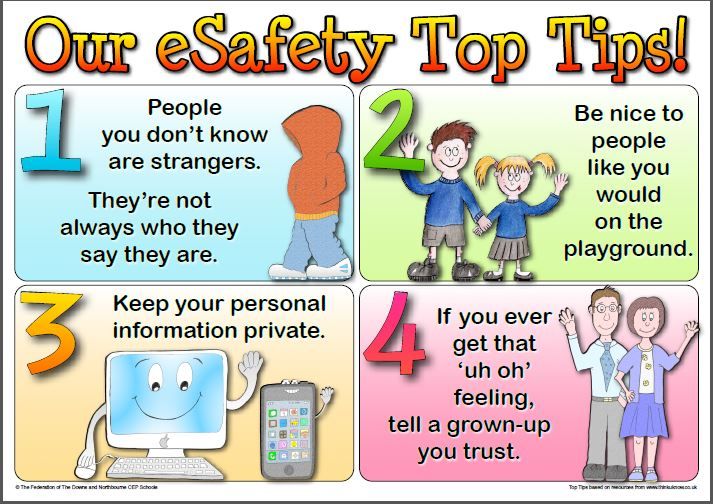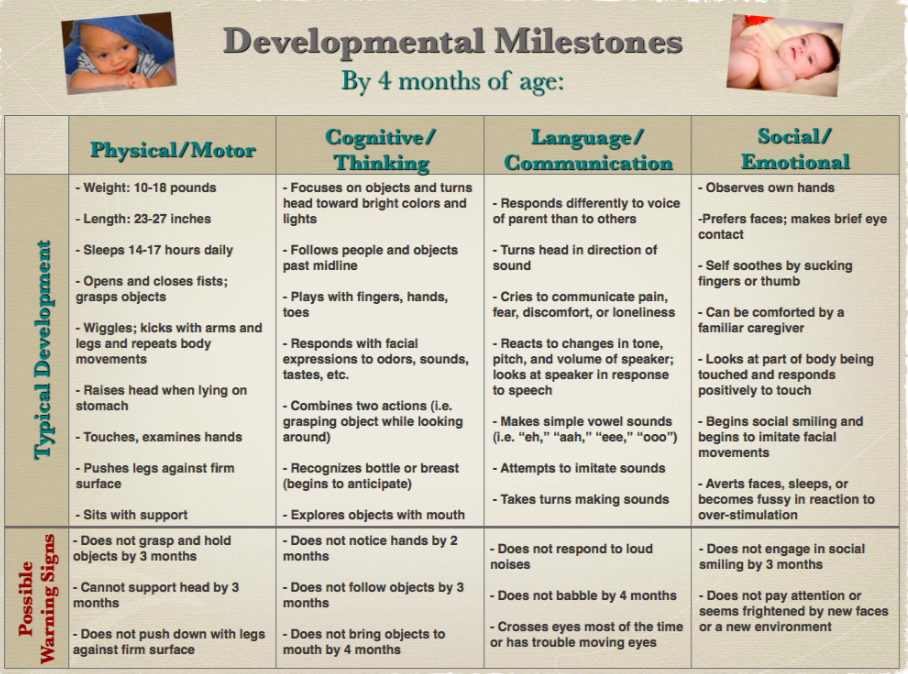How to improve child attitude
6 Ways to Adjust Your Kid's Attitude without Losing Your Mind
A friend of mine decided to coach his son’s basketball team for the first time this past year. He made the effort of planning practice drills that were both fun and helped the players develop fundamentals. During the first practice while doing some of those drills his son started to whine and complain, eventually asking if they could do something else instead. As you can imagine, my friend was frustrated by his son’s attitude, especially since his son’s attitude affected the attitude of the entire team.
A child with a negative, complaining attitude can wear down even the best dads. Authors Scott Turansky and Joanne Miller offer some hope for parents trying to stop the complaining in their book, Good and Angry. Here are 6 practical ways to help give your kids an attitude adjustment without losing your mind:
1. Identify Emotions.
Help your child self-express via identifying feelings and choosing words carefully when frustrated or making demands. “It’s okay to tell me how you feel, but you need to speak respectfully. Even if you’re tired or upset, try to stay calm.”
2. Identify Influences.
Try to identify where some of your child’s bad attitudes come from. One dad noticed his son’s frustration worsened after playing video games. Perhaps your child is mimicking the behavior of someone else—a parent, sibling, friend, or even TV character—who complains or criticizes.
3. Point Out Attitudes.
“Identify a thinking error that needs to change. You can offer the insight of an objective outsider.” For example, if your child had a bad day and takes it out on his brother, he may need help in how to properly handle his emotions. Target more than the behavior; look deeper to see what’s causing the trouble.
Target more than the behavior; look deeper to see what’s causing the trouble.
4. Challenge Attitudes.
If your child is complaining about doing his chores or homework, offer motivation to change his attitude.
Dad: Son, how’s your homework coming?
Son: It stinks. Why do I have to do it anyway?
Dad: You can do it! Try working hard for the next hour, then take a break. We’ll get ice cream together.
The real reward of accomplishing something will be what motivates a change in attitude.
5. Teach Responses.
Rather than wait for your child to stop whining or complaining, actually role-play appropriate responses. Then, immediately, reinforce the correct response with some kind of encouragement.
6. Affirm Progress.
When you notice your child making improvements, praise him and let him know you’re proud. Even if you’re tempted, skip comments such as, “It’s about time!” Instead, encourage him in his progress and keep the focus positive.
Turansky and Miller summarize dealing with a complaining child with this: “Attitudes are windows into a child’s heart. If you help your children learn to adjust attitudes, they will have the skills necessary to develop healthy perspectives about life’s challenges and struggles as they get older. ”
”
Used with permission from the book Good and Angry: Exchanging Frustration for Character…in You and Your Kids! by Scott Turansky and Joanne Miller.
10 Ways to Help Your Children Develop a Positive Attitude | by Kayt Molina
“My life is perfect,” said no serious person ever. We all know that life does not always go the way you had planned. Still living at home? Surviving from paycheck to paycheck? The ‘dream house’ you bought turns out to be a money pit, and now you are upside down and have no idea what you are going to do? Okay, a little specific but, you get the idea. I am 26 and still in denial that I cannot control everything. Bad things happen. As an adult, we often cope with disappointment.
Teaching my daughter how to deal with disappointment has been a learning experience. Christmas morning, I watched as she eagerly tore open one of her gifts, only to watch her face fall and her little 3-year-old voice quietly say, “Pajamas?” Or yesterday, when I went back on my promise of Wendy’s nuggets and instead insisted on getting pizza because, hey, I’m pregnant! I have needs, too.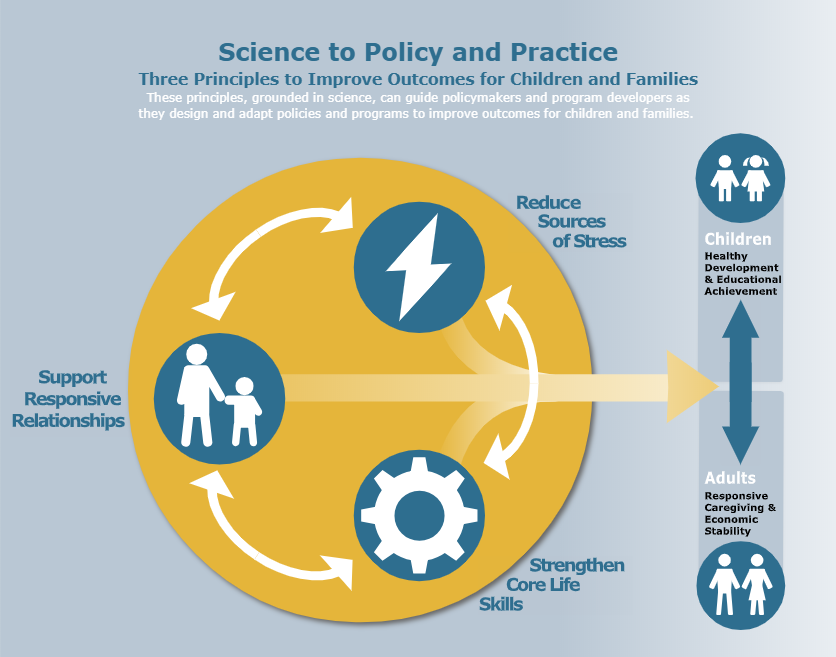 The things that disappoint our children may often seem trivial but they are learning how to navigate their emotions. I try to teach my daughter to “look at the bright side.” After all, the pizza was delicious, and she really needed new PJ’s. Helping our children develop a positive attitude will help them be successful adults in the future.
The things that disappoint our children may often seem trivial but they are learning how to navigate their emotions. I try to teach my daughter to “look at the bright side.” After all, the pizza was delicious, and she really needed new PJ’s. Helping our children develop a positive attitude will help them be successful adults in the future.
Here are 10 tips on how to do it:
- Set an example. I am stuck in traffic with my daughter, and we are crawling, when someone decides this is the perfect time to move into my lane. Each passing minute brings them a centimeter closer to me until finally, I snap, “YOU IDIOT!” My daughter, startled, asks who I am talking to and I feel the guilt creep in. This is how not to set an example. Learn from my mistakes (and your’s, too). They watch your reaction to stress. They watch how you treat difficult people. They watch how you react to your failures. (“I know it doesn’t really look like a horse, okay? Mommy is not an artist.
 ”) Author Tiffany Fletcher writes, “ Your children really are exceptional listeners. They may not be listening to the things you want them to hear, and that’s probably intentional on their part, but they are listening to everything else.”
”) Author Tiffany Fletcher writes, “ Your children really are exceptional listeners. They may not be listening to the things you want them to hear, and that’s probably intentional on their part, but they are listening to everything else.”
Choose to have a positive attitude. Put it on display.
2. See the best in each other. Encourage your child and recognize their accomplishments. I am a preschool teacher and, in my classroom, “Good job!” doesn’t cut it. I have learned to be specific. “Wow! You worked hard!” “I appreciate your help!” “I love how you took your time, it really shows.” “When I look at this, I know you did your best work.” This is one of the classroom tools successful teachers have been using for years. And now you too can use this black magic — in the comfort of your home! This kind of specific encouragement will build your child’s confidence and help learn to identify and celebrate their triumphs.
Correction does much, but encouragement does more.

-Johann Wolfgang von Goethe
3. Make lemonade out of lemons. I’m not talking about this recipe. I am talking about the ability to turn negative statements into positive statements. I lay in bed with my daughter, counting kisses in a book we love. I kiss while she counts, “1…2…3…8…4…” And I gently say, “Try again.” She sighs and says, “I can’t count. I am bad at it.” I smile and say, “You just need to practice. It takes time. Let’s count together.” Alex Blackwell, the founder of The BridgeMaker, writes, “I can be an intelligent person and still do something stupid. I can love my wife and still be angry with her sometimes… The most important word in each sentence is and. The word and suggests a balance.”
4. Make your home a positive place. Before bed each night, my room become a tickle torture chamber… and I love it. We tickle, we laugh, and we have a lot of fun. Your home should be your “happy place” and a place where your children feel safe.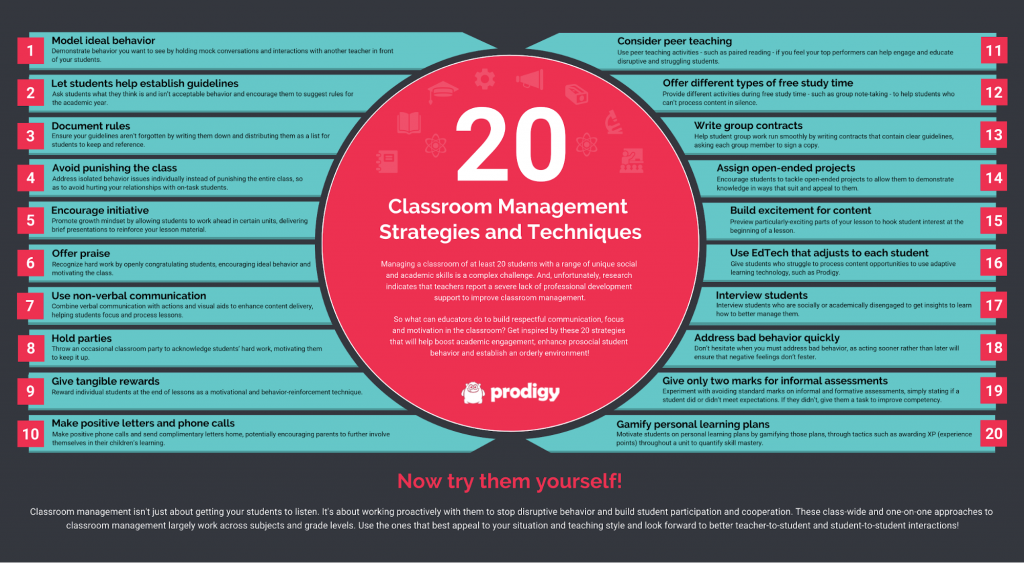 It has nothing to do with making the bed or picking up toys (Rejoice!). Instead, it is about the mood we choose to create. Don’t forget to smile. CBS News medical contributor Dr. David Agus says,“When you smile, your whole body is changed. The chemicals, the endorphins, actually make your brain feel better and do better.” I also love this article about “Encouraging Your Child’s Sense of Humor” that says:
It has nothing to do with making the bed or picking up toys (Rejoice!). Instead, it is about the mood we choose to create. Don’t forget to smile. CBS News medical contributor Dr. David Agus says,“When you smile, your whole body is changed. The chemicals, the endorphins, actually make your brain feel better and do better.” I also love this article about “Encouraging Your Child’s Sense of Humor” that says:
“Laughing together is a way to connect, and a good sense of humor also can make kids smarter, healthier, and better able to cope with challenges.”
5. Choose your feelings. Huffington Post has an excellent article entitled “Real Love is a Choice.” We do have the ability to influence our emotions. John M. Grohol, Psy.D. says, “Our beliefs and expectations about a person or event or situation directly influence and, many would argue, cause our feelings. …Others do not cause our feelings — we cause them ourselves. … that means that we have control of our feelings, much like we have control over other choices we make in our life.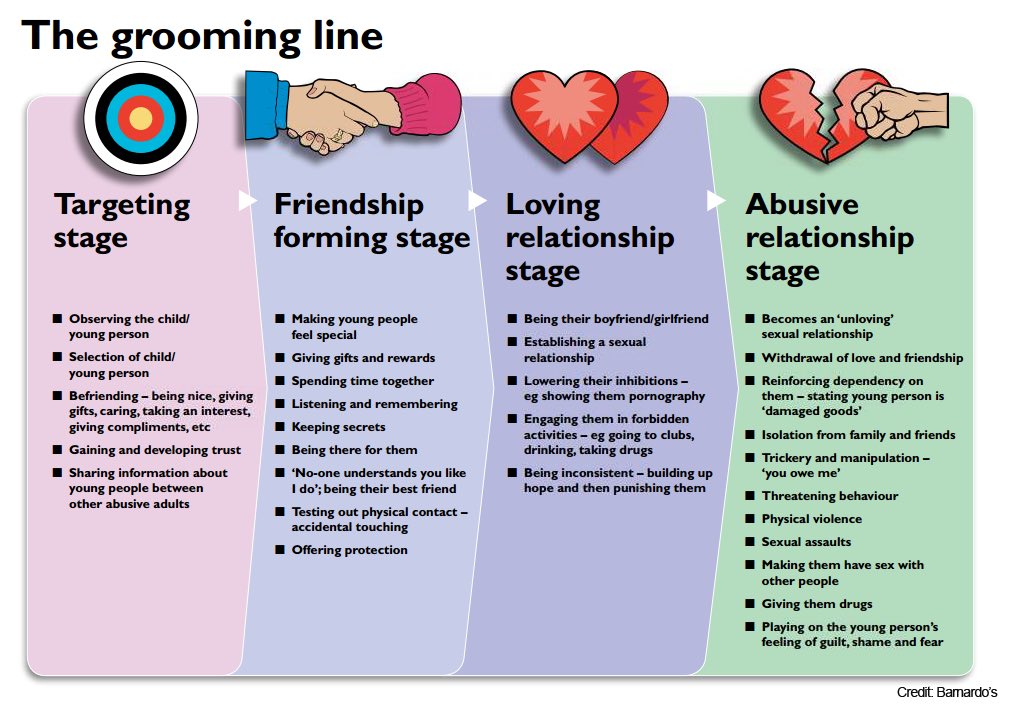 ” Choose love. Choose to forgive (yourself and others)- there is a lot of evidence for the power of forgiveness. Choose to stay positive.
” Choose love. Choose to forgive (yourself and others)- there is a lot of evidence for the power of forgiveness. Choose to stay positive.
6. Stop saying, “No.” (Or, at least, say it less.) Children constantly hear the word “no” at home and school. In my classroom, I avoid the word as much as possible. “No, Jimmy!” does not tell Jimmy anything about what he is doing that I do not approve of or offer an acceptable alternative. “Jimmy, we sit on the chair,” says stop standing on the chair (I don’t want to take you to the hospital) and sit on it instead (Phew! Much better). “Teeth are for chewing food,” might make Jimmy think twice before he tried to cannibalize his classmates. Parents.com offers 10 Ways to Say “No” Without Saying No, and they have some excellent tips. Neuroscientist Andrew Newberg, M.D. and Prof. Mark Robert Waldman, authors of the book Words Can Change Your Brain, show how negativity and stress are related. For example, with just one flash of the word “no,” our brains release dozens of stress-producing hormones and neurotransmitters that create havoc with our normal functioning (more from this article). Choose your words wisely, there might be a better way to make your point.
Choose your words wisely, there might be a better way to make your point.
7. Feel blessed, not stressed. Find things to be thankful for each day. Dr. David Agus, mentioned above, explains the findings of a study in which one group of people were asked to write down what they were thankful for every week, while others wrote about their hassles and a third group wrote about neutral topics.
“At the end of 10 weeks, the people who had gratitude, who wrote down the gratitude, actually had better self-esteem and they felt better about themselves and their lives. So it works. All of us can improve by just writing down what we care about.”
Focus on what you have and not what you don’t.
8. Build their self-esteem. Help your children learn who they are and what makes them special, unique, and different. Show an interest in them and help them learn to appreciate themselves. Justin Bieber says, “You should go and love yourself. ” While I do not consider him a great philosopher, I have to agree with him on this one. As your children grow more self-aware, they may become more critical of themselves and others. Help them see their strengths. Here are some practical tips for boosting your child’s self-esteem from Parents.com.
” While I do not consider him a great philosopher, I have to agree with him on this one. As your children grow more self-aware, they may become more critical of themselves and others. Help them see their strengths. Here are some practical tips for boosting your child’s self-esteem from Parents.com.
9. Stop complaining. Instead, seek solutions. Every time I had the bright idea of taking my daughter to the beach, I had to mentally prepare myself for the complaining. “There’s sand in my shoe!”- this, after meticulously polishing her feet, rinsing her shoes, and a ten-minute ritual of putting them back on. (Hello, kid, that’s how the beach works!) I would complain about her complaining and ‘round and ‘round we would go. Then I had a genius solution: Stop going to the beach. It was really that simple and, yes, I survived living in Miami without going to the beach for 6 months, and we didn’t die. More recently, I grew brave and attempted it again. This time: success! Life lesson learned.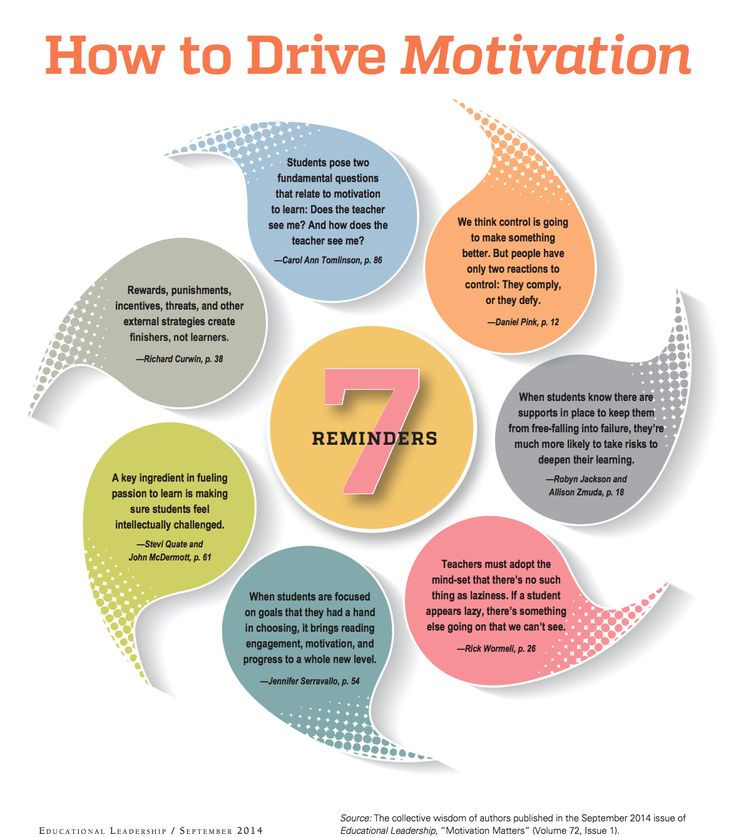
10. Acknowledge when bad things happen. Because they will. Don’t dismiss the negative. Listen to your child and feel with them. “I know it hurt.” “I realize you are having a hard time with this.” “I can see you are disappointed.” We often have a hard time coping with and understanding our own feelings so it is natural to feel uncomfortable when other people share theirs. I often catch myself telling my daughter, “it’s not a big deal,” when, to a four-year-old, yes, yes it is a big deal. Ask questions instead of telling them how to feel.
The power to stay positive will help your child navigate through difficult times in life. We cannot protect our children from disappointment and occasional failure. Instead, help them recognize their mistakes and still choose to stay positive or, as Lyndon B. Johnson once said:
Yesterday is not ours to recover, but tomorrow is ours to win or lose.
How to improve relationships with children, how to properly raise a child
Today we have prepared for you small practical tips on how to create good and friendly relations with children.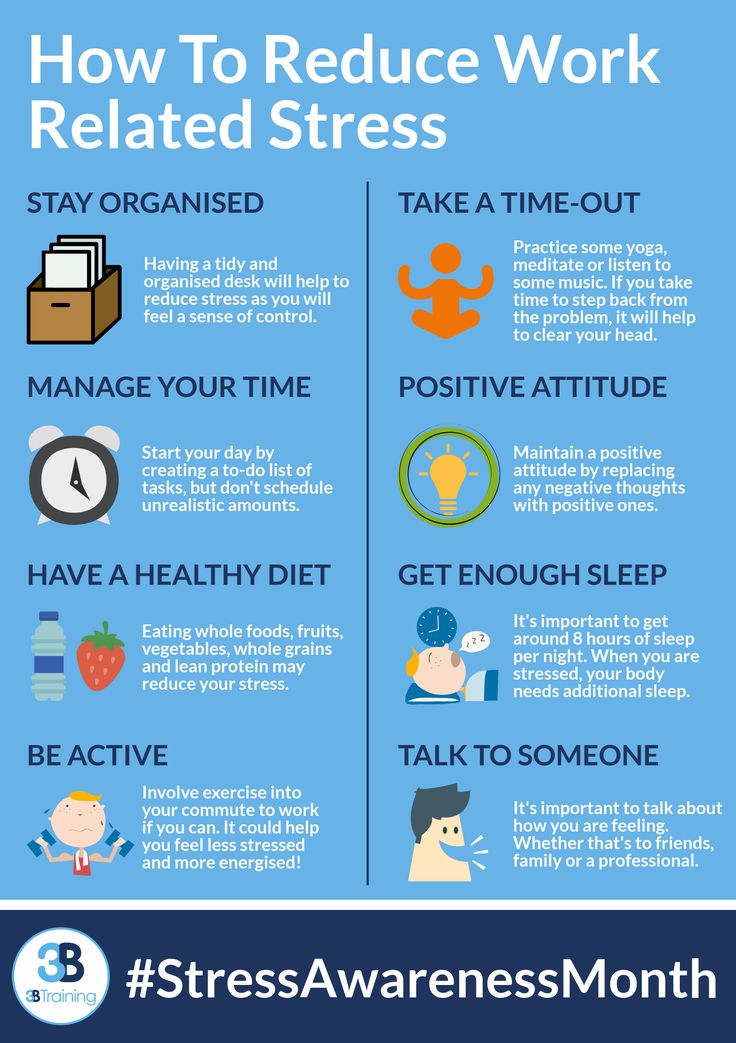 How to create the right foundation for a child's future adolescence. How to enjoy family life, create good traditions and make education an easy and enjoyable process for parents and children. After all, sometimes we, adults, experience a feeling of helplessness when a child wants to do everything in his own way or is naughty. How to teach him to hear us the first time? Everything ingenious is simple! This is our today's article.
How to create the right foundation for a child's future adolescence. How to enjoy family life, create good traditions and make education an easy and enjoyable process for parents and children. After all, sometimes we, adults, experience a feeling of helplessness when a child wants to do everything in his own way or is naughty. How to teach him to hear us the first time? Everything ingenious is simple! This is our today's article.
Show strictness or self-confidence?
Often between these two concepts - severity and self-confidence - the boundary is blurred. However, it is, and this difference is huge! If parents give orders in a commanding tone, then they doom themselves to defeat in advance. From a certain point on, children will not follow such an order. Therefore, it is very useful to learn how to negotiate with a child. Ask the child to do something in a calm, confident and friendly tone. And the key to success is to repeat the request until you get the result. That is, do not limit yourself to the fact that the child is asked - he did not fulfill - he was punished or despaired of asking again. "For a long time" it does not work. It is important to form in a small person the knowledge that it is important to fulfill the requests of parents because they will be waiting for the result.
That is, do not limit yourself to the fact that the child is asked - he did not fulfill - he was punished or despaired of asking again. "For a long time" it does not work. It is important to form in a small person the knowledge that it is important to fulfill the requests of parents because they will be waiting for the result.
Teach yourself to show determination in your voice without raising your tone. Initially, the reaction of the child will be surprised, and then he will try to fulfill your request. Always get what you ask for. And do it with kindness and calmness.
How to stop manipulating a child?
As in any relationship, in dealing with children it is important to learn to compromise. Offer a choice. Does the child not want to do homework? Offer him a thirty-minute break or a little game before class, or something he especially likes. And let him get it BEFORE he does the unwanted deed. So you will develop in him a sense of gratitude for you, learn how to create a positive mood and be able to solve the problem of "bribery" of children when the child has to do something and only then will he get what he wants. You don't have to bargain with your loved ones)
You don't have to bargain with your loved ones)
How to set boundaries?
Give your child more independence and set some boundaries. For example, say: “Darling, you are already big and I trust you. Come on, from today on, you will go to bed on your own, like all adults." You can also specify the time, add a little game, saying that any hero can easily brush his teeth in 15 minutes and crawl under his blanket. Control execution. Do this until you get the desired result. Do it playfully and kindly.
It is important that the child is perceived by parents as an independent member of the family who, due to his age, is able to take responsibility, really participate in the life of the family, making an appropriate contribution. This attitude develops inner strength in the child.
Why learn to say "No"?
In adult life, we sometimes find ourselves thinking that we cannot say the word “no”. Friends, bosses, relatives and, of course, their own children.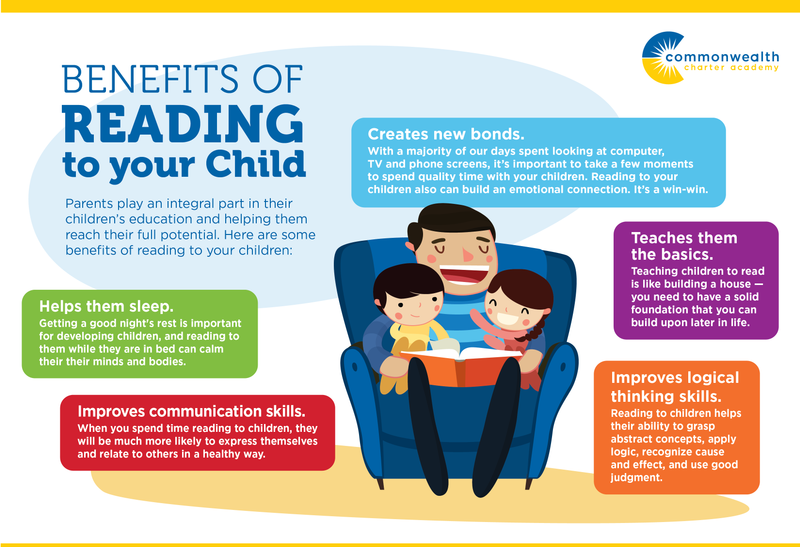 We are able to endure for a long time, to compromise, but to experience tension inside, which will certainly find a loophole and may even result in a quarrel with a loved one. Sometimes we agree to do something for another even though it causes real inconvenience to ourselves. It seems that you want to act in your own interests, but at the same time you don’t want to seem selfish, impolite, “bad” in front of other people.
We are able to endure for a long time, to compromise, but to experience tension inside, which will certainly find a loophole and may even result in a quarrel with a loved one. Sometimes we agree to do something for another even though it causes real inconvenience to ourselves. It seems that you want to act in your own interests, but at the same time you don’t want to seem selfish, impolite, “bad” in front of other people.
In order for you and your children to feel psychologically comfortable, it is very useful to create the right personal boundaries that are convenient for you. And in this an assistant is the word "no". Said calmly, without aggression, and, perhaps, without explanation.
At first it may seem difficult to teach yourself to refuse others, but each time you will be calmer and more confident in doing it without harming the relationship. And children who see this behavior will be able to create personal boundaries from an early age, learn self-respect and the ability to interact with other people in an environmentally friendly way.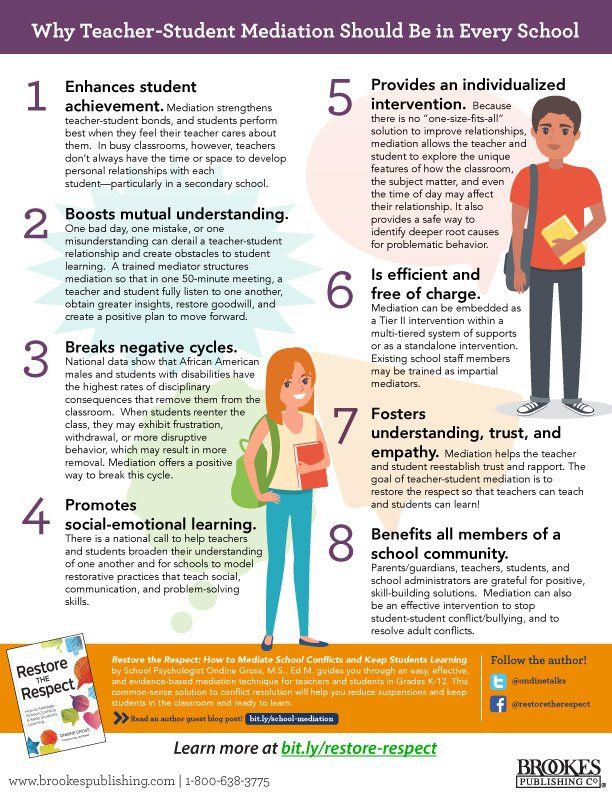
How to get rid of children's whims?
Some children are very naughty. Adults act differently in such situations: someone suffers, someone suffers, and then breaks down, someone breaks down right away and punishes the child, and then feels guilty.
Getting rid of whims is easier than it might seem at first glance. It is enough to understand that behind any irreconcilable behavior of a child there is some kind of desire. When this desire, need, is not fulfilled, the children, unable to resolve issues in a different way, begin to act up. In order to have fewer whims, it is very important for us adults to teach the child 2 important things:
Talk directly about your desires
Sometimes there is something else behind the most popular whims of childhood! For example, for "Mom, buy a doll! I want!" there may be a desire to have the same doll as the girl next door, in order to play TOGETHER with her. Having shown this inner desire of the child, having learned about it, we understand that a completely different need needs to be solved.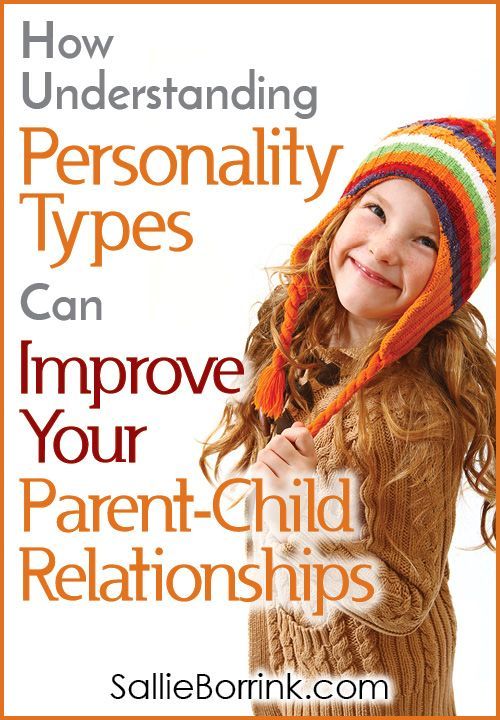 Not in a doll. And in friendship, in attention, in communication with a peer. It is this need that is not closed in your child. And buying a doll is not at all a guarantee that the child's need will be solved. So ask more questions. Why is this a child? What does he want? What will he do when he gets what he wants?
Not in a doll. And in friendship, in attention, in communication with a peer. It is this need that is not closed in your child. And buying a doll is not at all a guarantee that the child's need will be solved. So ask more questions. Why is this a child? What does he want? What will he do when he gets what he wants?
Talk about your feelings
Encourage your child to say how he feels right now instead of arguing. Anger? Resentment? Irritation? Fear? Teach it by example. Talk about yourself. Do you feel angry that the child does not obey? Tell him, "I'm angry right now, I'm feeling very irritated because..." Ask your children questions about feelings. Ask: "How do you feel now?" or form prompt questions: "Do you feel offended now, are you bitter?" You will see that over time your child will learn to talk about what he feels, learn to express anger, anger, irritation without harm to himself and others, and it will be easier for you - you will stop suppressing your emotions and stop breaking into a cry, replacing it with a calm story about yourself and what is happening in yourself.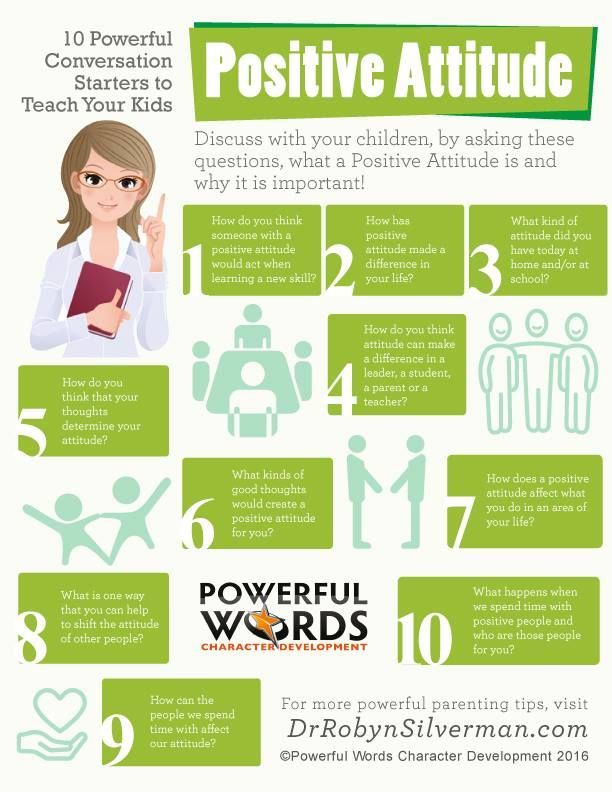
How to lay the right foundation for adolescence?
It's great if your family has traditions and rules that all family members follow, from children to grandparents. This unites the family, strengthens the spirit of unity, and allows children to feel calm and protected. After all, living by the rules that are known in advance is always psychologically easier than not knowing what to expect in the same situation.
A small example: very often children are forbidden to watch TV late at night, and parents do it. Of course, you can explain to children: “I am an adult, and you are a child, and therefore you cannot do what I can do.” But often such a line of behavior separates two generations from each other, and when the child grows up, the adult-formed "I can do it, but you can't" starts to work to the detriment. The child not only refuses to obey the old rules, but can also begin to defend his interests: "I have become big and now I can do things that were not allowed before, because I have grown up.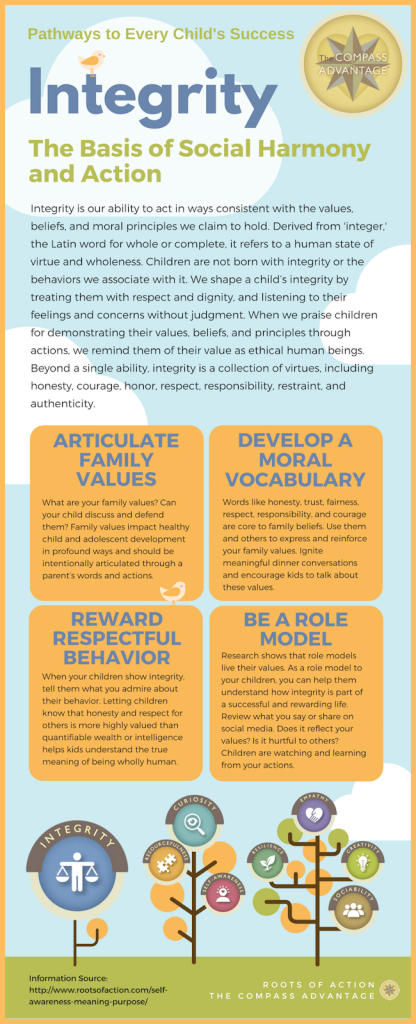 " And he will be right) What does this bring to family relations? Tension, irritation, perhaps even greater confrontation between fathers and children.
" And he will be right) What does this bring to family relations? Tension, irritation, perhaps even greater confrontation between fathers and children.
How can I avoid this? Very simple: do not draw too strict boundaries between yourself and the child, especially based on fickle things like age. Create simple rules that all family members will follow. All without exception. For example, to come to the table at the same time and eat all together, putting aside all other things. Or never use tablets and phones on vacation, and communicate with each other all the free time. Or if a family member is late home, then he, regardless of age, warns other household members and says what time he can return.
Such rules not only simplify family interaction, but also save us, parents, from the future problems of adolescence children. Agree, if a child is taught that both mom and dad (adults) always warn when they return home, then he is more likely to do the same, simply because this is the norm.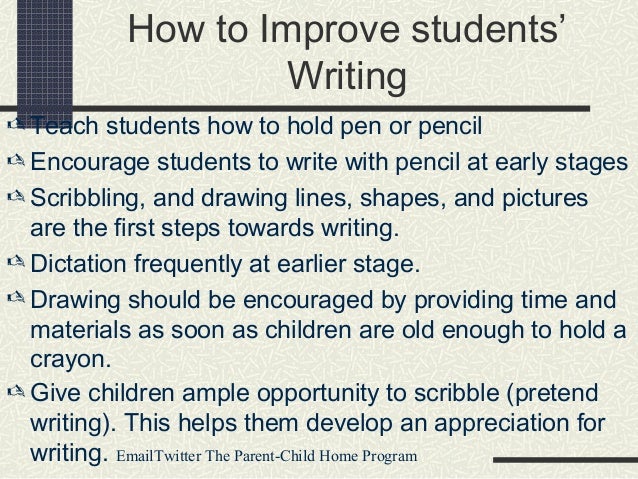 The norm of your family and the conscious choice of every adult.
The norm of your family and the conscious choice of every adult.
Believe in yourself, believe in yourself, believe in love. Try to find a way to the child's heart. Then the children will listen to the opinion of mom and dad and do it not out of fear of punishment, but simply because they love you very much and do not want to upset you. Your family life will be calm, and your parenting style will become consistent. Family happiness to you!
With love, PanCat.
Share with your friends:
top 10 tips on how to improve relationships with a child – Kuma.City
How often do we hug children or talk about our love? Little ones are not as common as they would like, and adults are not as common as we would like. How to improve relationships with children, to be not just a parent, but also a friend who is trusted, with whom they consult, with whom they feel real closeness? We were looking for answers to these questions together with a psychologist Yulia Khrupina.
Why relationships deteriorate
According to the psychologist, every age has its own reasons for this. When children are very small, up to three years old, they feel very much the emotional state of their mother. If she is tired, irritated or anxious, the child will also act up. In addition, at this time, mothers n try to wean the kids from the hands, and the children do not understand and require attention . At the age of from 6 to 11 years old very are sensitive to criticism from their friends. It was at this time that they are looking for their place among classmates or peers in the yard, trying to please their friends and gain their trust. It is important for parents not to be jealous of friends and not to protect from communicating with them, but to understand why the child chose these particular friends. Adolescents are often offended and conflict with their parents because want freedom and independence .
Julia Khrupina photo from personal archive
But, according to the psychologist, it is possible to improve relations with children in any case and age. Here are some tips from her.
Give Mom a Break
Suitable for: mothers of toddlers up to three years old . Very often, due to constant worries and troubles, mothers emotionally burn out and get tired. Children do not understand this and demand attention, ask for hands, cry, act up.
What to do: put aside everyday problems, cooking borscht and pancakes, talking on the phone and pay attention to the baby. You can ask for help with the housework from dad, grandmother, sister . Let them help mom with cleaning and laundry for a while, and she will play with the child or read to him. It is next to the mother that the child understands that the outside world is not dangerous and then he will be calm.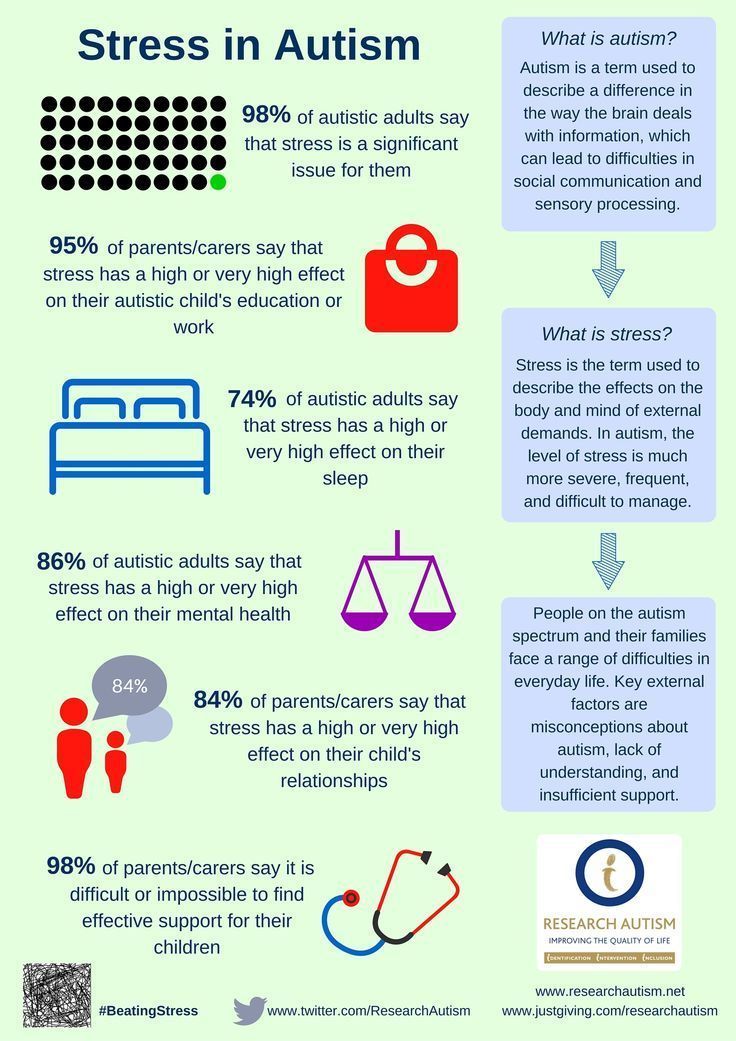
“101 Praises”
Suitable for: mothers of toddlers up to three years old . Often we tell our daughters and son that they are smart and well done. What else are they? You can make a list of 101 qualities of your child and say them every day . At this age, children learn about the world around them and themselves. They are interested in hearing praise from their parents and learning new words .
What to do: In any situation, better in the presence of other people, on a walk and in the garden, praise your baby sincerely and with a smile .
“Praise for actions”
Suitable for: mothers of children from 3 to 7 years old t to motivate them to take action, for example, to help around the house, to read.
What to do: praise for something, and not just like that .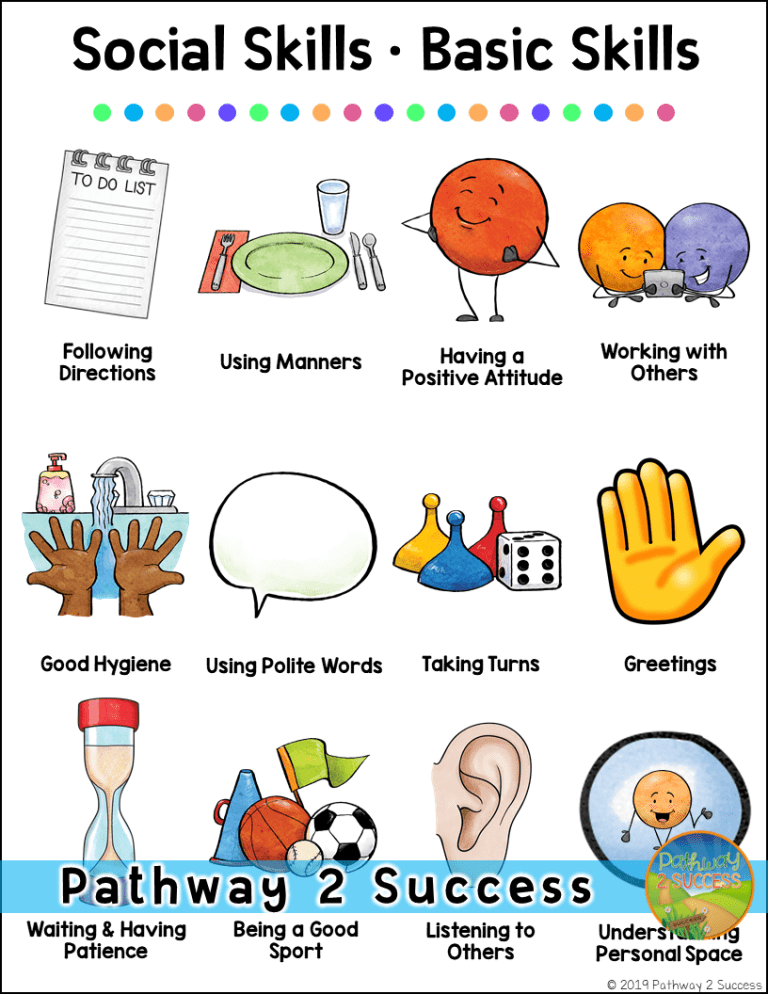 It’s better instead of “You’re clean with me,” say “I see you have removed all the toys, it’s great that the room is now clean.” Notice and tell the child what he is stronger, more agile, what he does better.
It’s better instead of “You’re clean with me,” say “I see you have removed all the toys, it’s great that the room is now clean.” Notice and tell the child what he is stronger, more agile, what he does better.
"The right to choose"
Who is suitable for : mothers of children from 3 to 7 years old . At this age, children strive for independence, their main message to their parents: "I decided so ". To teach children to make decisions and be responsible.
What to do: choose . Instead of "Let's go for a walk in the park", it's better to ask "Shall we walk in the park or square?"
Even at this age it is important to do something together - to walk on the street, in the park or cook dinner.
Role Reversal
Suitable for: mothers of children o t 7 to 11 years old . At this age, children are often not interested in doing something around the house, so it is important to keep them interested.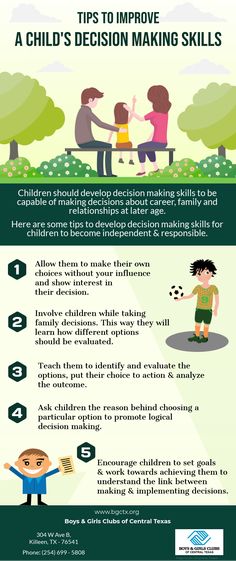
What to do: exchange duties for one day with all family members . For example, mom does what dad usually does: takes out the trash, cleans the garage, and dad cooks dinner and washes the dishes. The child helps the parents in turn.
Forgive me
Suitable for: mothers of children from 7 to 11 years old . This will help teach children to ask for forgiveness themselves and to forgive others . It will give the child an understanding that everyone has the right to make mistakes, even parents and this is not the end of the world.
What to do: ask for forgiveness from children for rudeness, evil words, misunderstanding.
Even at this age it is important to compliment children , encourage good deeds : chocolate, Kinder, cartoon, and not just punish bad behavior. Once a week, you can let your child spend the whole day together exactly the way he wants: go to the cinema, cafe, park together, go to the forest or watch a cartoon together at home.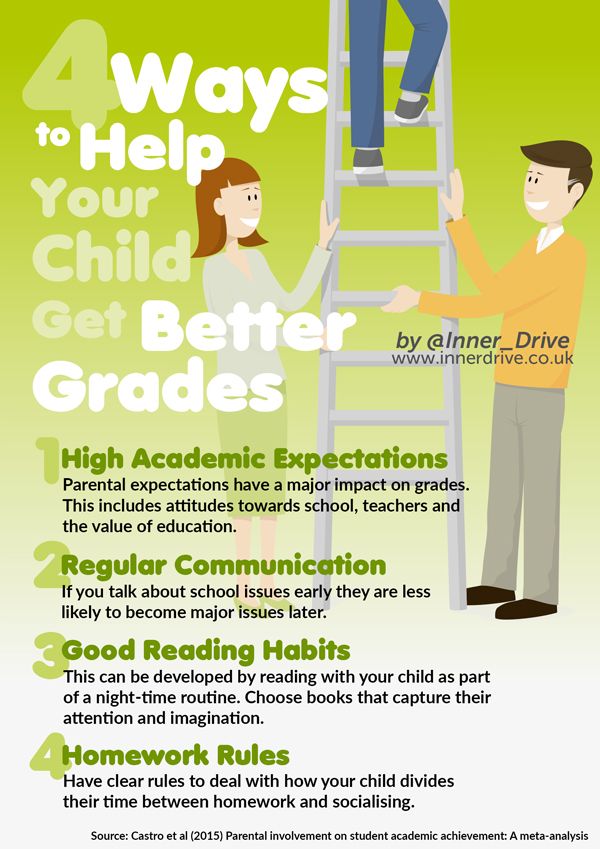 Only let him decide how you will spend this day .
Only let him decide how you will spend this day .
"Indirect attention"
Suitable for: mothers of children from 11 to 18 years old . Children tend to move away from us at this age, to be independent and free . It is important to show that we always remember them.
What to do: to make small gifts for no reason, without reason or dates s: pen, eraser, hairpin, keychain.
"Letter of thanks"
Suitable for: mothers of children aged 11 to 18 . Children are not always ready to listen to us for a long time, it seems to them that we do not understand them, but we need to say something important.
What to do: write a letter thanking for good studies, help around the house, good deeds.
"21 ways to show love"
Suitable for: mothers of children aged 11 to 18 .
